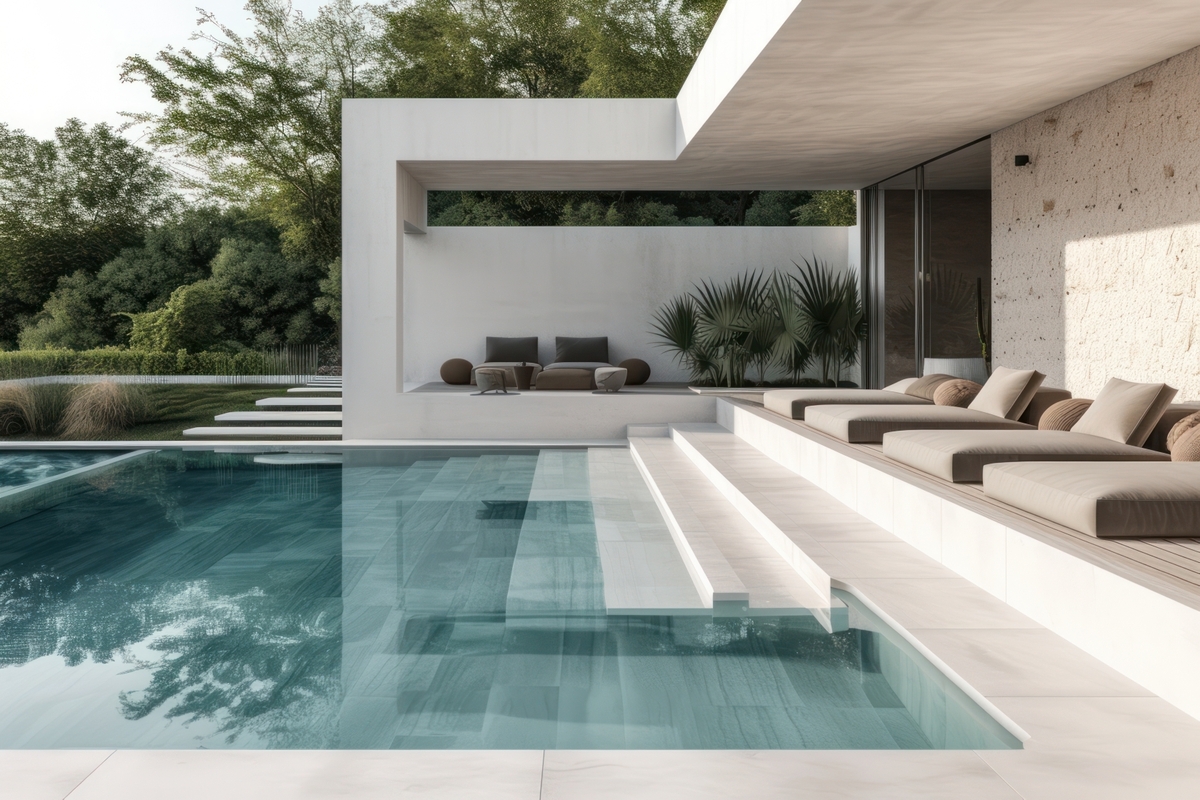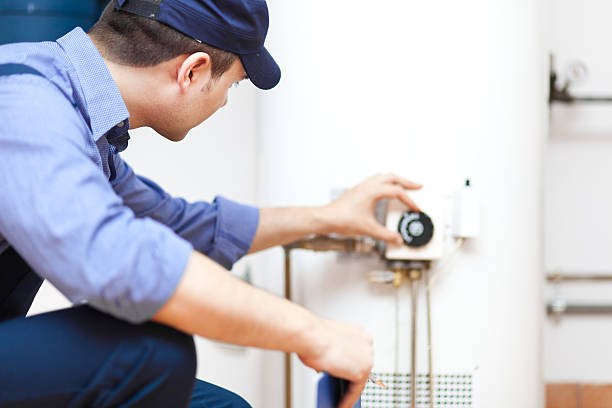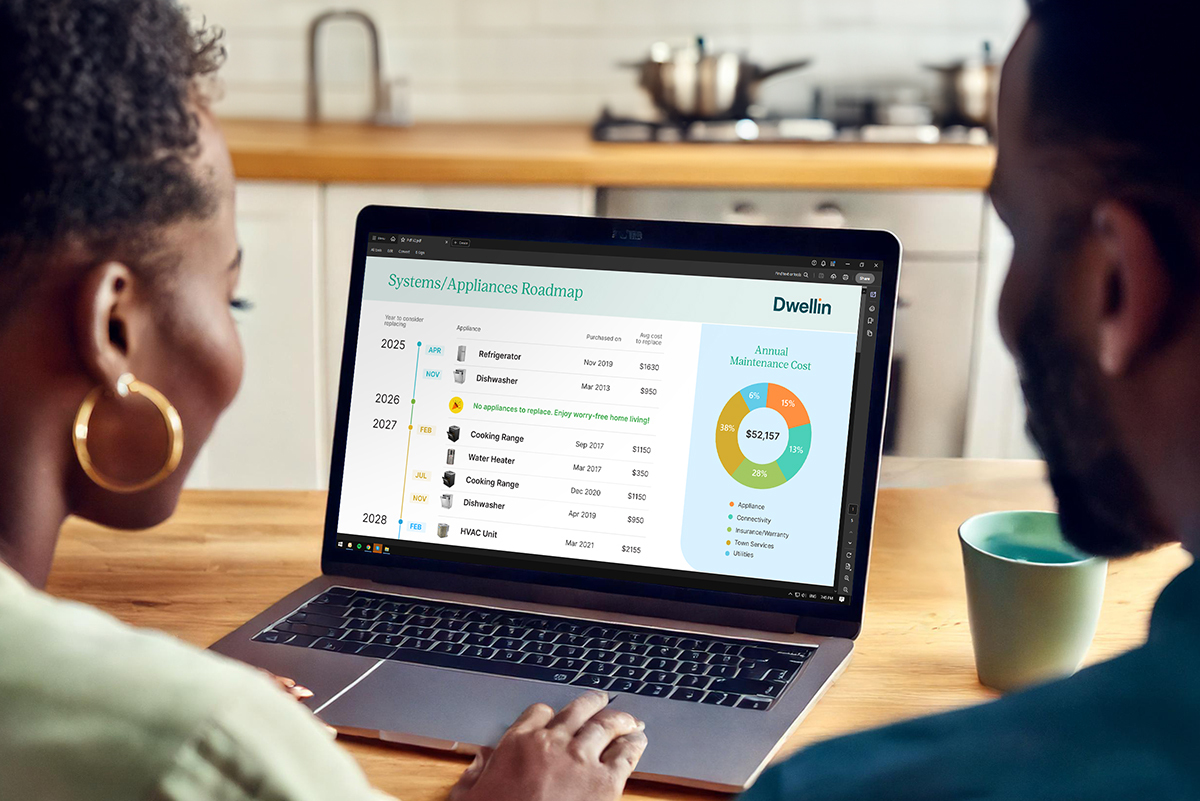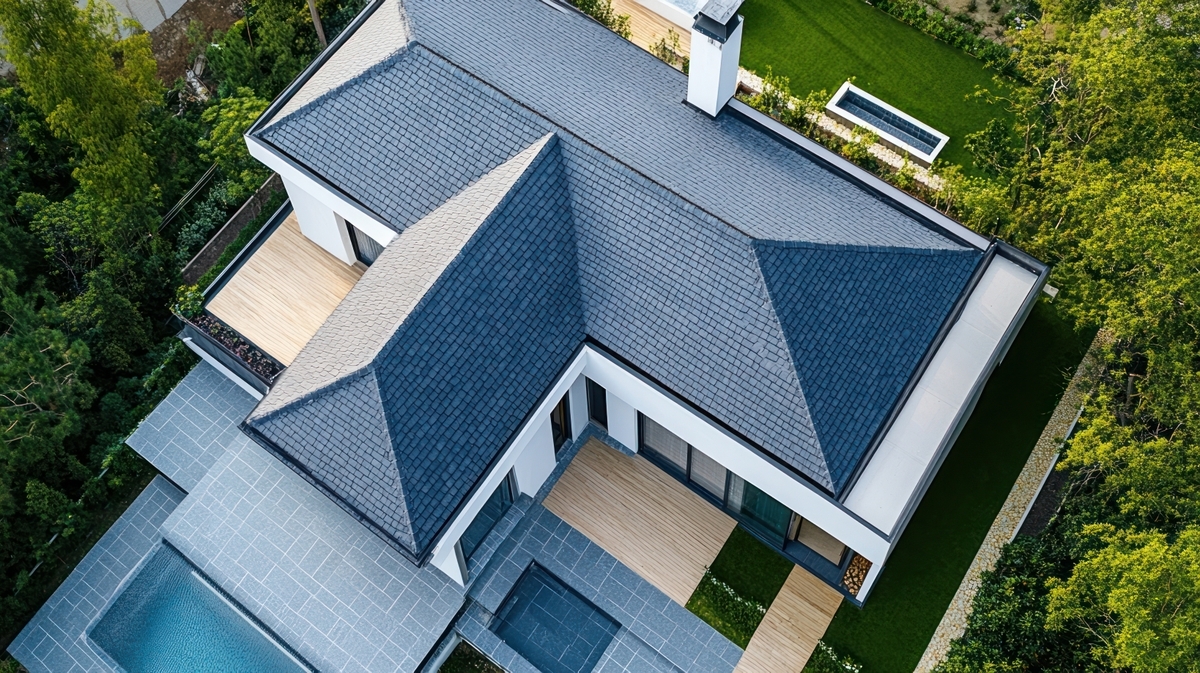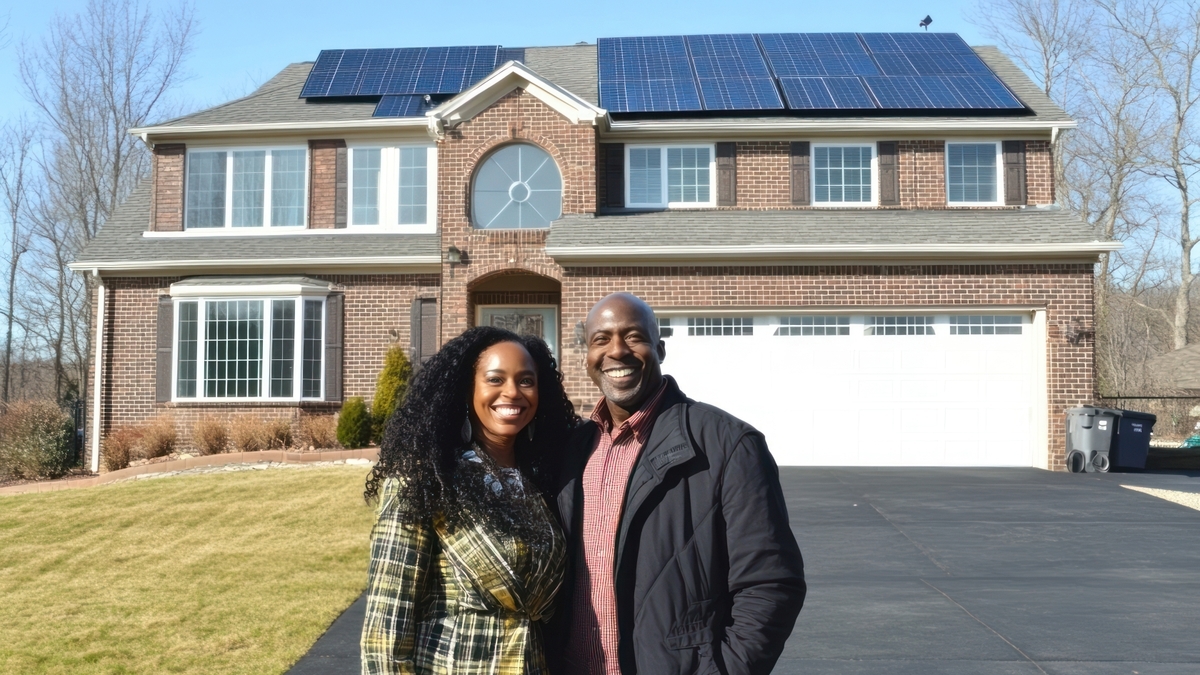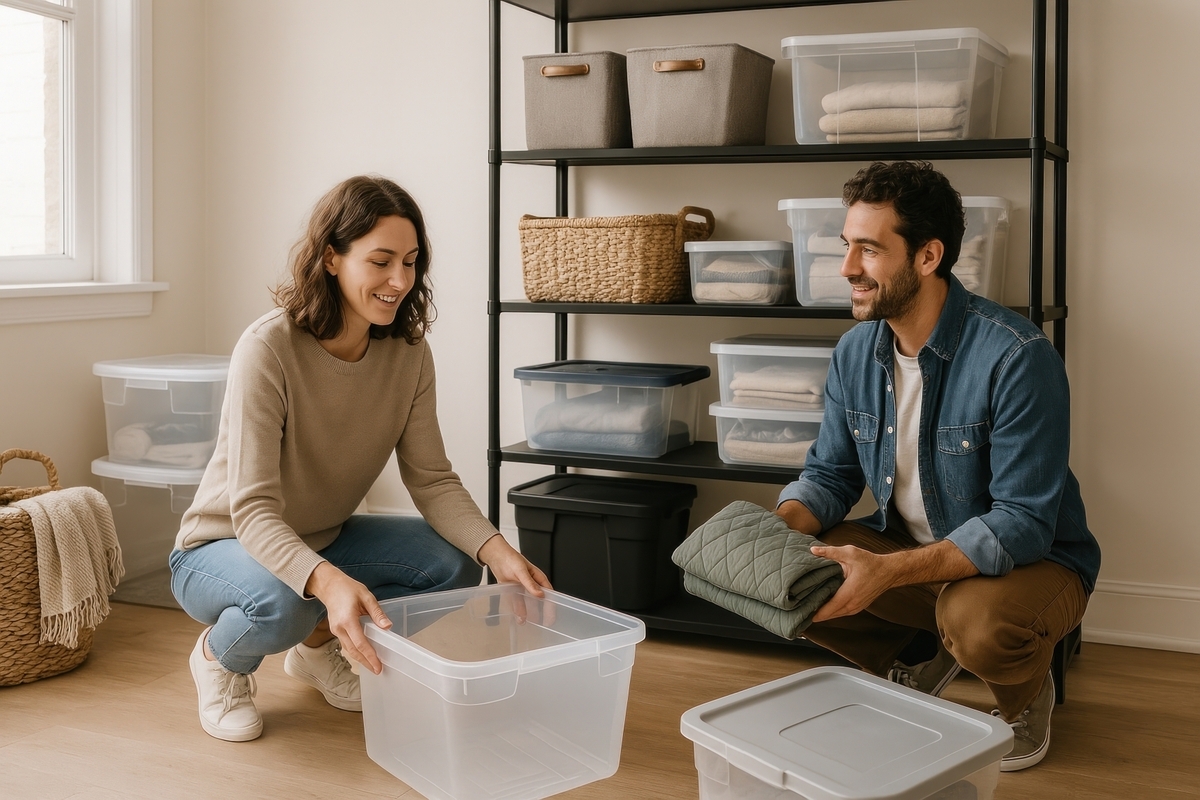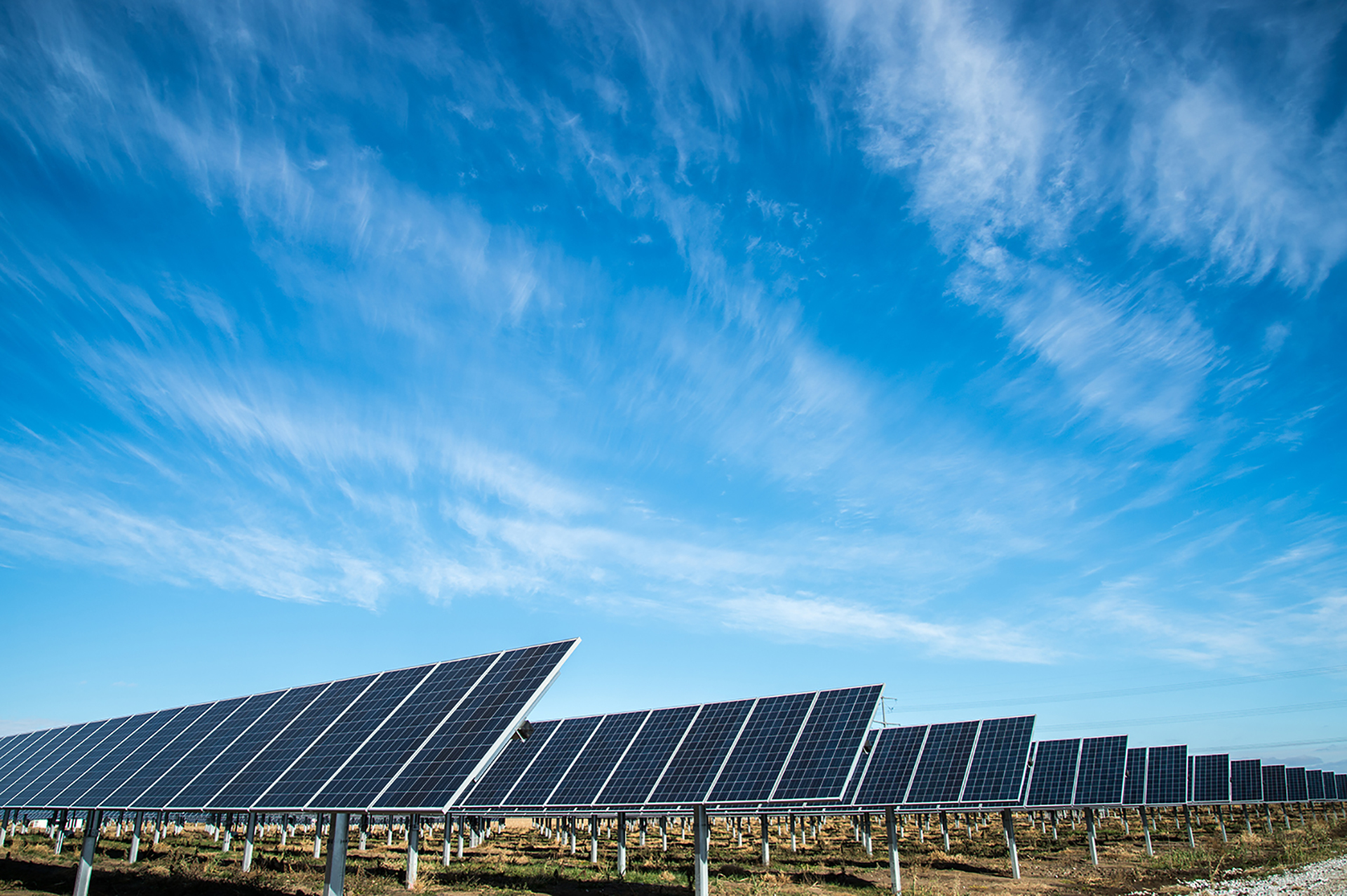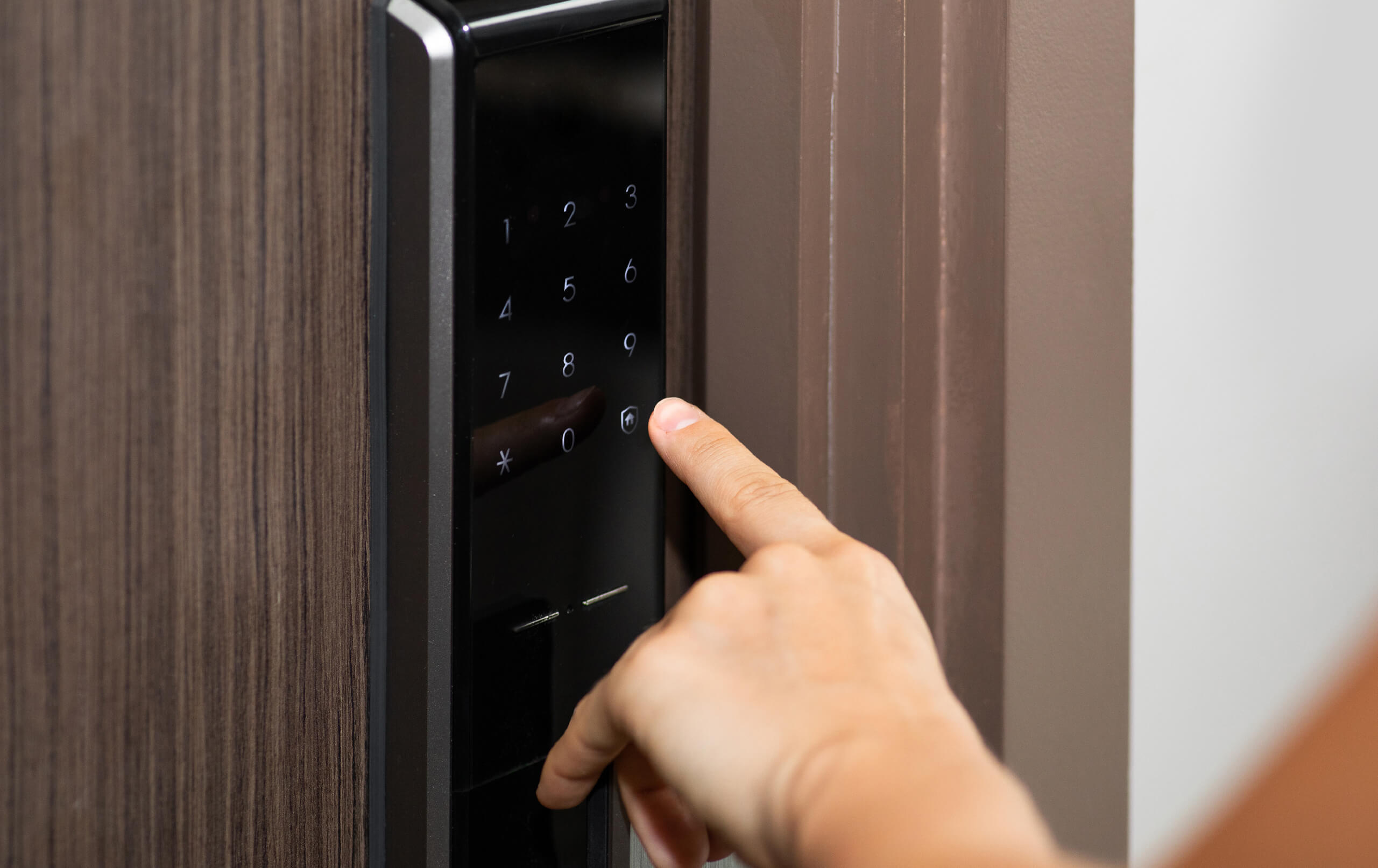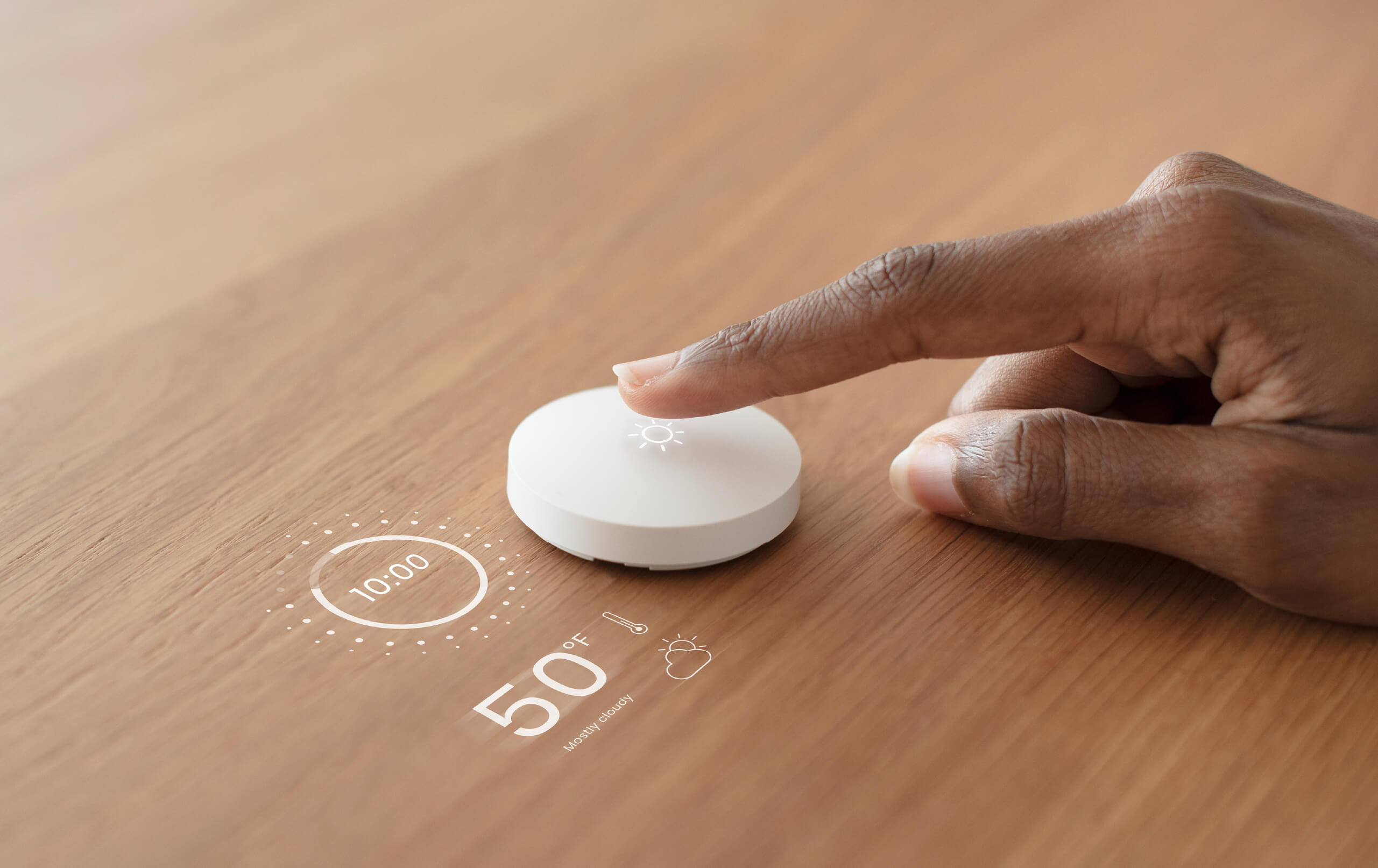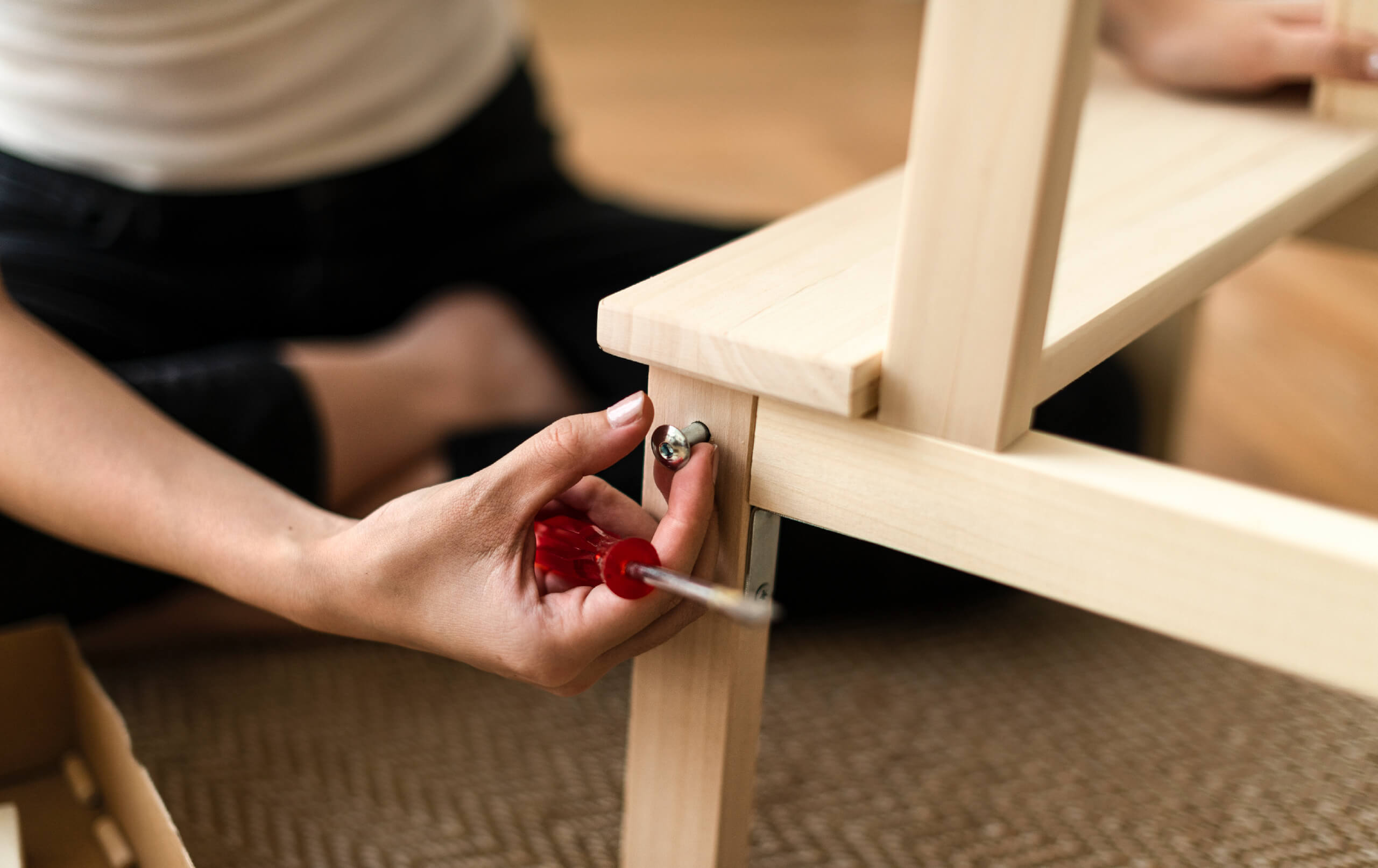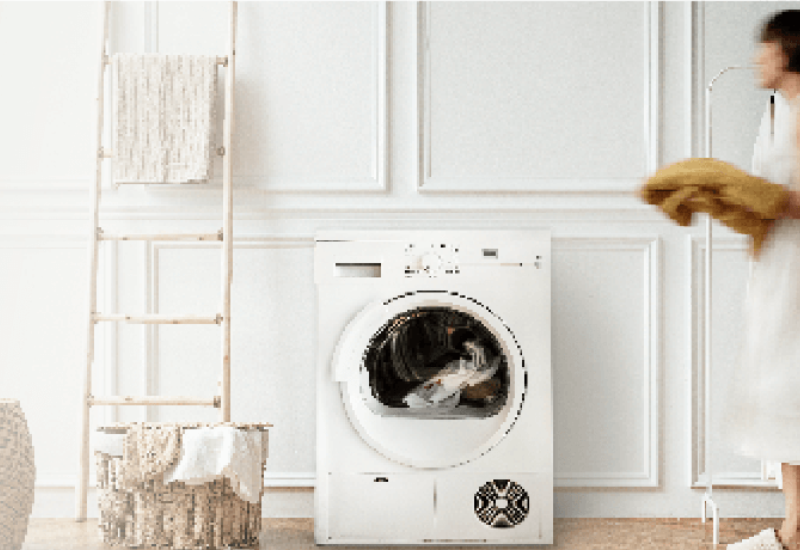How to choose the perfect solar-powered light bulb for your home
7 minute read

There are many things to consider when buying a new light bulb for your home. You’ll want one that’s bright enough but not too bright, energy-efficient, and doesn’t cost too much money. But how do you choose the right one? Well, we’ve done all the research for you! We’ve compiled our ultimate guide to choosing the perfect solar-powered light bulb for your space, so read on and find out more about these helpful products today.
Contents
- Go for quality
- Choose the correct lightbulb for your space
- Consider the color and type of bulb you want to use
- Ensure the bulb is dimmable
- Check if the bulb has any certifications
- Find out what type of solar panel was used to power the bulb and whether it’s waterproof or not
- Get a second opinion and read reviews before buying
- Read up on the warranty and returns policy
- Check that you can adjust the brightness of your new solar-powered light bulb
- For the longest life, make sure Bulbs are LED – these last longer than traditional incandescent bulbs and use less energy too
- Compare prices between different brands so that you get value for money when it comes down to purchasing one of these eco-friendly products today
1. Go for quality
A solar-powered light bulb is like any other product—it won’t last forever. In fact, it’s likely that you’ll need to replace your bulb at least once during its lifetime. If you’re shopping for a new light bulb, look for quality products that will last. Look at the quality of each feature listed below:
- Solar panel: How efficient is the solar panel? Can it charge up enough electricity to keep your light on throughout the night? Is it weatherproof so it won’t get damaged by rain or snow?
- Battery: What type of battery does this model use? Are all batteries interchangeable with one another (i.e., can you easily replace your battery with another if needed)? Does this model have any safety features in place to prevent overcharging or overheating?
- Lamp casing: What material was used to make this lamp casing out of—and how durable is it? Will it stand up well against bumps and bruises from regular handling or transport between rooms in your home? How sturdy is its construction overall (does everything fit together securely)?
- Packaging materials & instructions: Is there anything missing from these materials that would cause confusion when trying them out for yourself later on down the road (such as missing screws)? Do these materials contain relevant information about how exactly everything works together (including replacement parts), as well as tips on maintenance/repair tasks
2. Choose the correct lightbulb for your space
Your solar-powered light bulb should be selected based on the size of your space and the kind of lighting you require. After all, not all solar-powered lights are created equal! Check out our micro LED lights page if you have a small space or want something that can be tucked away when not in use. Similarly, if you’re aiming for an aesthetically pleasing light bulb option but don’t want to spend much money on it or don’t need very bright light in your room, then there are some great options on our decorative LED lights page that will work well for that purpose.
However, if you have a larger room or office space and need more powerful illumination at night—like this kitchen here—then check out our mid-range line of products (which also come in white).
If none of these options seem right for what you’re trying to accomplish with your home improvement project, then chances are high it’s time to take another look around! Be sure not just any old thing will cut it here; picking the right type is key!
3. Consider the color and type of bulb you want to use
The color of the bulb you choose matters. Different colors have different effects on the body, so it’s important to choose the right color. For example, white light is good for reading, and blue light helps you sleep better at night. Red light can help you relax and reduce stress levels in your home.
- White Light: Good for reading and general use around the house
- Blue-White/Blue: This type of light is best suited for illuminating areas where you read, like bookcases or desks with computers and other electronics on them
- Red: This type of lighting will create a calming atmosphere wherever it’s used
4. Ensure the bulb is dimmable
You should also make sure the bulb you choose is dimmable. Dimmable lights have several benefits:
- You can adjust its brightness.
- You can switch it on and off.
- You can dim it. It will be helpful in case you want to use your solar-powered light as a nightlight in your bedroom. It’ll help keep things dark enough for sleeping but still give you enough light when you need it for other uses.
5. Check if the bulb has any certifications
The first thing you need to do is check if your bulb has any certifications. You can look at the label on the package or search for information about the certification if you have an online seller. If other companies are selling solar-powered light bulbs, check with them.
If it’s a reputable body certifying their products, then there’s a good chance that you should also go for their products. This will ensure that your bulb will be made of high quality and last longer than others.
6. Find out what type of solar panel was used to power the bulb and whether it’s waterproof or not
The type of solar panel used to power the bulb is often listed on the product’s packaging or website. If you’re unable to find this information, contact the manufacturer directly and ask them which type of solar cell was used in their bulbs.
It would be best if you also considered how waterproof or weatherproof (or not) your chosen light bulb is. As mentioned above, most indoor lights are designed for use indoors only; however, if you want to install a light outside your home or business but don’t have access to an existing electrical outlet, then a waterproof choice may be best suited for your needs.
7. Get a second opinion and read reviews before buying
When you are about to buy a new product for your home, it is always a good idea to do some research. You can get valuable information from the manufacturer of the product or from other people who have used it before.
The following tips will help you make an informed decision when buying a solar-powered light bulb:
- Read reviews from other customers who have purchased this item. Look at how they rated their experience with the company and whether they were happy with their purchase. Also, look at what other users say about its quality and functionality.
- Check out the warranty information provided by your seller so that you know exactly how much time you have to return it if something goes wrong (for example, if there is an error with the power supply). Some companies offer extended warranties too!
- Ask questions directly from staff members working in stores selling these kinds of products; they should be able to give helpful advice based on personal experience dealing directly with similar situations (for example, what type of lighting needs).
8. Read up on the warranty and returns policy
When shopping for solar-powered light bulbs, it’s important to consider each option’s warranty and return policies.
Warranties are especially important when you’re trying something new, like solar-powered light bulbs. What happens if the bulb breaks? If it doesn’t work? If it doesn’t fit your lamp or fixture correctly? These are all things that could happen if you don’t do your homework before purchasing a new solar bulb.
With this in mind, make sure that every company with which you purchase a bulb offers some warranty or returns policy so that if anything goes wrong with your bulb down the line (say a year after buying it), there won’t be any hassles getting a replacement or refund money back from them.
9. Check that you can adjust the brightness of your new solar-powered light bulb
Check that you can adjust the brightness of your new solar-powered lightbulb to suit your needs, particularly if it’s going to be used in a bedroom, where you might want a soft glow rather than bright lights at night-time.
You’ll also want to make sure that you can change how warm or cool the light looks and its intensity.
Some solar-powered lamps allow users to adjust all three elements (brightness/color temperature/color) via a single button on their remote control—this is handy if you’re not sure whether this feature is important to you until after installing the lamp! Other models let users change only one element at a time using separate buttons on their remotes. Both options are equally functional; choose whichever one seems easiest for your needs and preferences!
10. For the longest life, make sure Bulbs are LED – these last longer than traditional incandescent bulbs and use less energy too
Remember that the most important thing about your solar-powered light bulbs is that they should be LED.
LEDs are more energy-efficient than incandescent bulbs, which means they last longer and use less energy. LEDs also have a lifespan of around 25,000 hours—that’s about 12 years of continuous use! In contrast, traditional incandescent bulbs only last around 1,200 hours (about two years). And unlike traditional incandescents that can break or shatter during normal use,
LEDs won’t explode if you drop them since their glass casing is made out of silicone instead of glass. Plus, since there’s no filament inside them like in an incandescent bulb, there’s nothing for dust particles to stick to over time either, so you don’t have to worry about cleaning these types of lamps as often as traditional ones either – wipe down with damp cloth once every month or two depending on usage patterns.”
11. Compare prices between different brands so that you get value for money when it comes down to purchasing one of these eco-friendly products today
When it comes to buying eco-friendly products, price is often a good indicator of quality. While it may seem like you’re paying more for that ‘green’ label, the costs can actually be lower when compared with non-solar-powered light bulbs. In fact, some of these eco-friendly options are more cost-effective than their traditional counterparts because they don’t require expensive electricity bills.
You’ll want to compare prices between different brands so that you get value for money when it comes down to purchasing one of these eco-friendly products today! Don’t buy the cheapest option – but also don’t buy the most expensive option either; find something in between that works well without breaking your bank account too much (or at all).
Conclusion
So there you have it! Here are a few tips to get you started on your journey to finding the perfect solar-powered light bulb. We hope this article has been helpful, and if so, please share it with your friends who might be interested in making their homes more environmentally friendly too!

